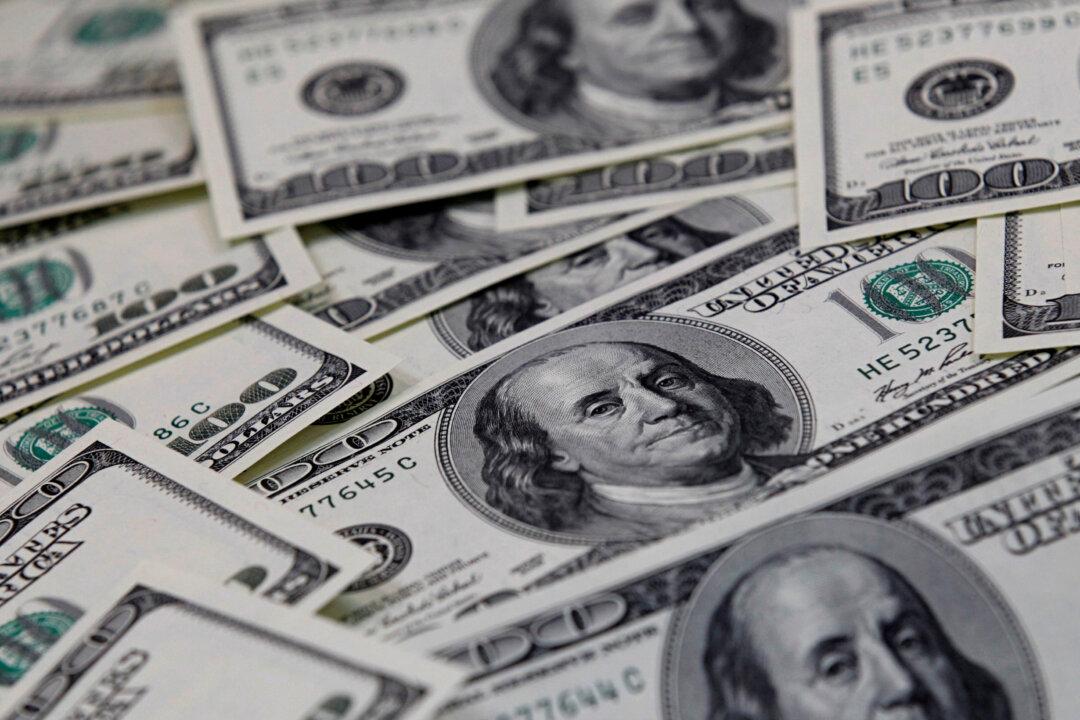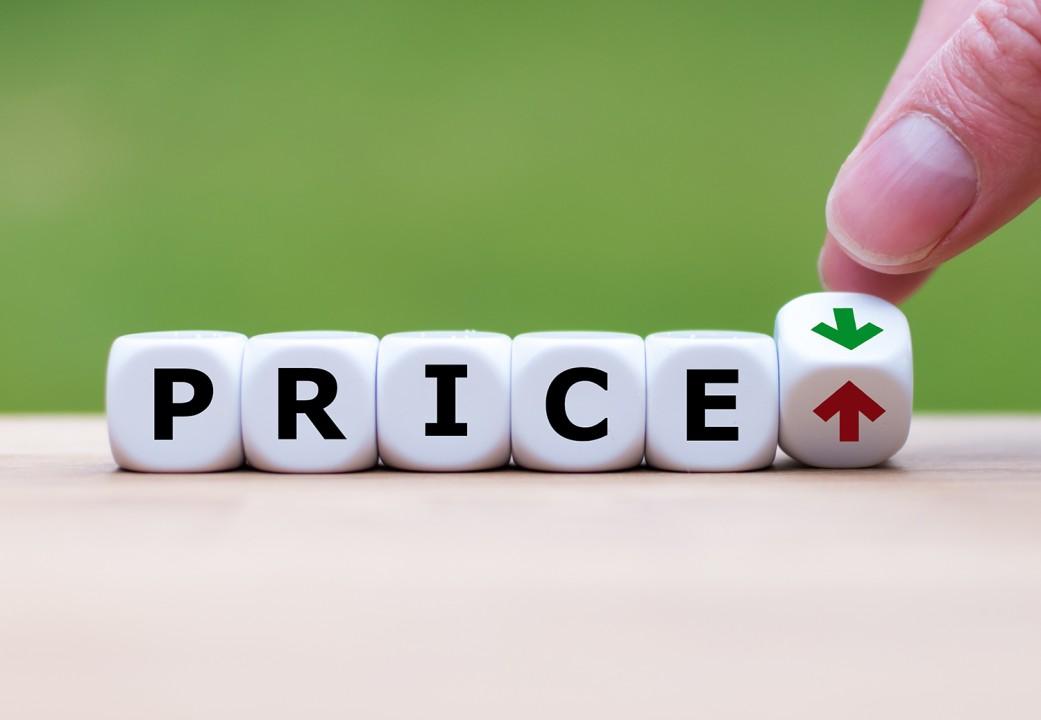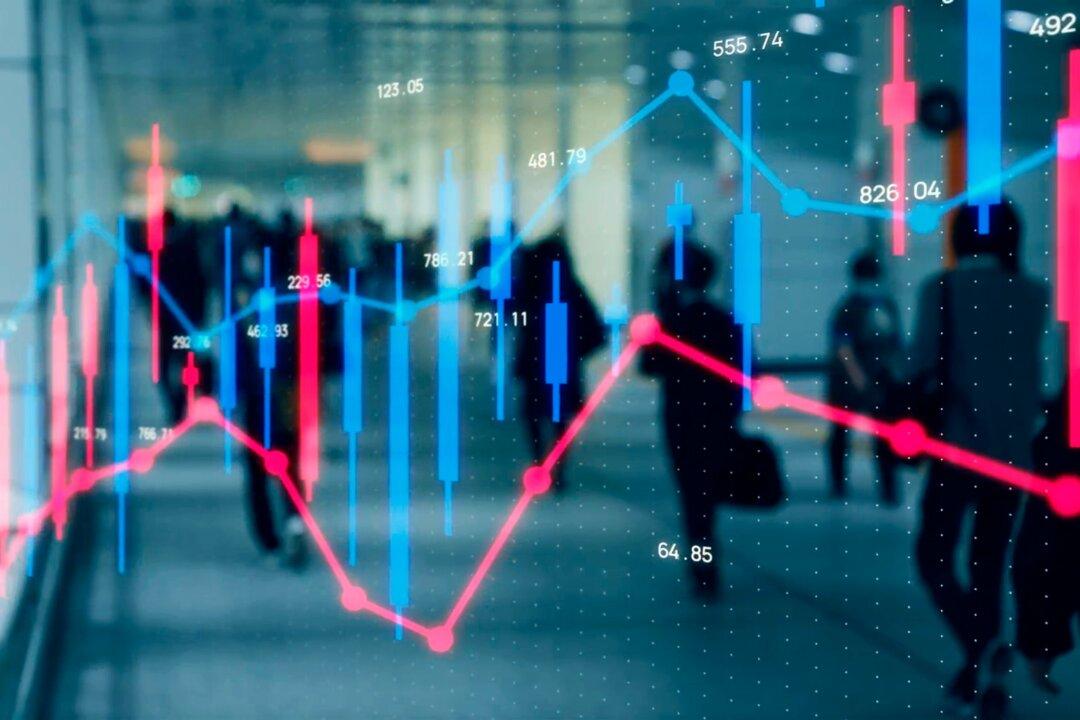Commentary
According to some “experts,” there is an urgent need to remove cash from the economy. They hold that cash provides support to the “shadow economy” and permits tax evasion. They also argue that, in times of economic shocks, which push the economy into a recession, the run for cash exacerbates the downturn—it becomes a factor contributing to economic instability. Moreover, in the modern world, most transactions can be settled by means of electronic funds transfer. Money in the modern world is allegedly an abstraction.





